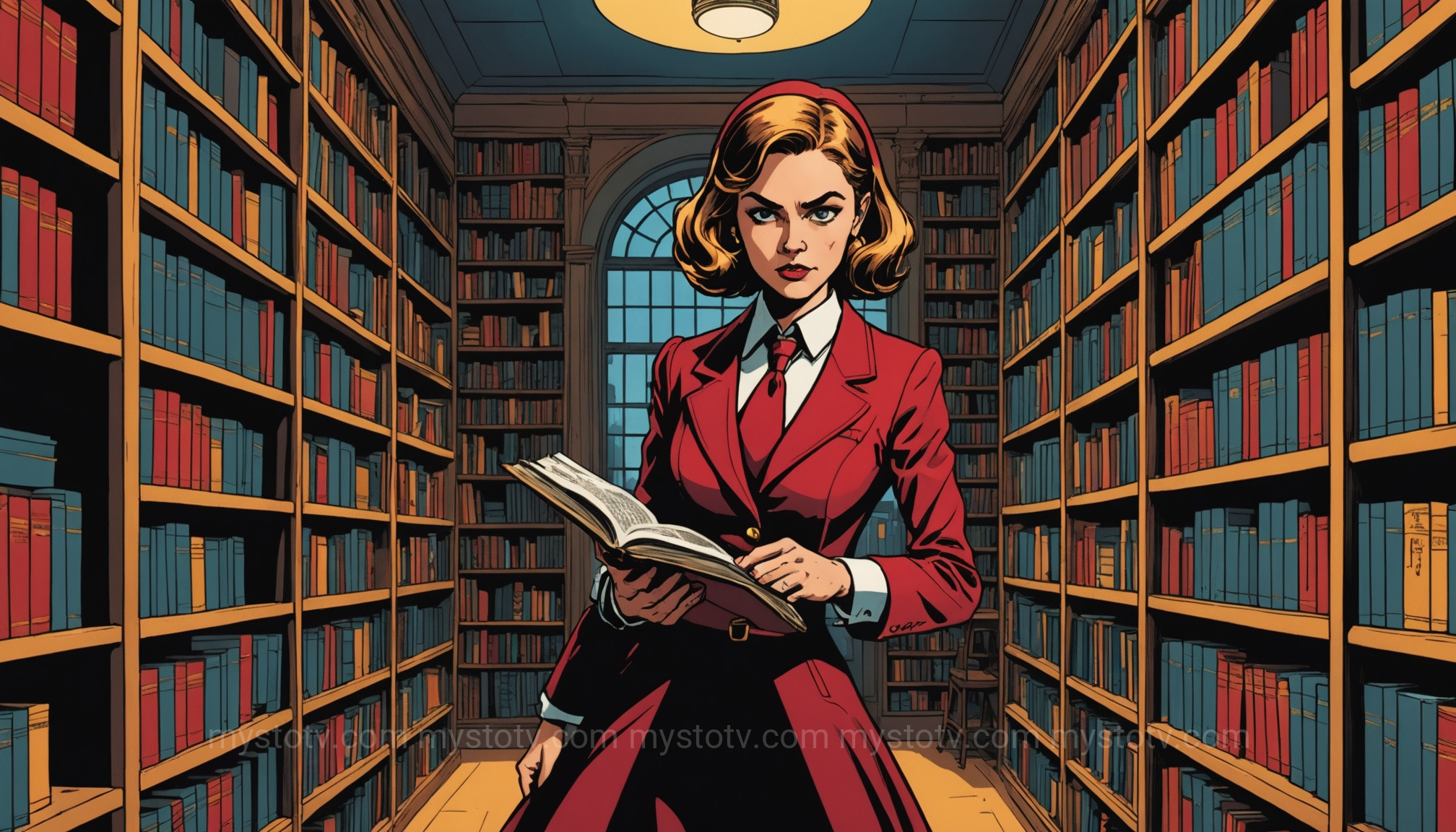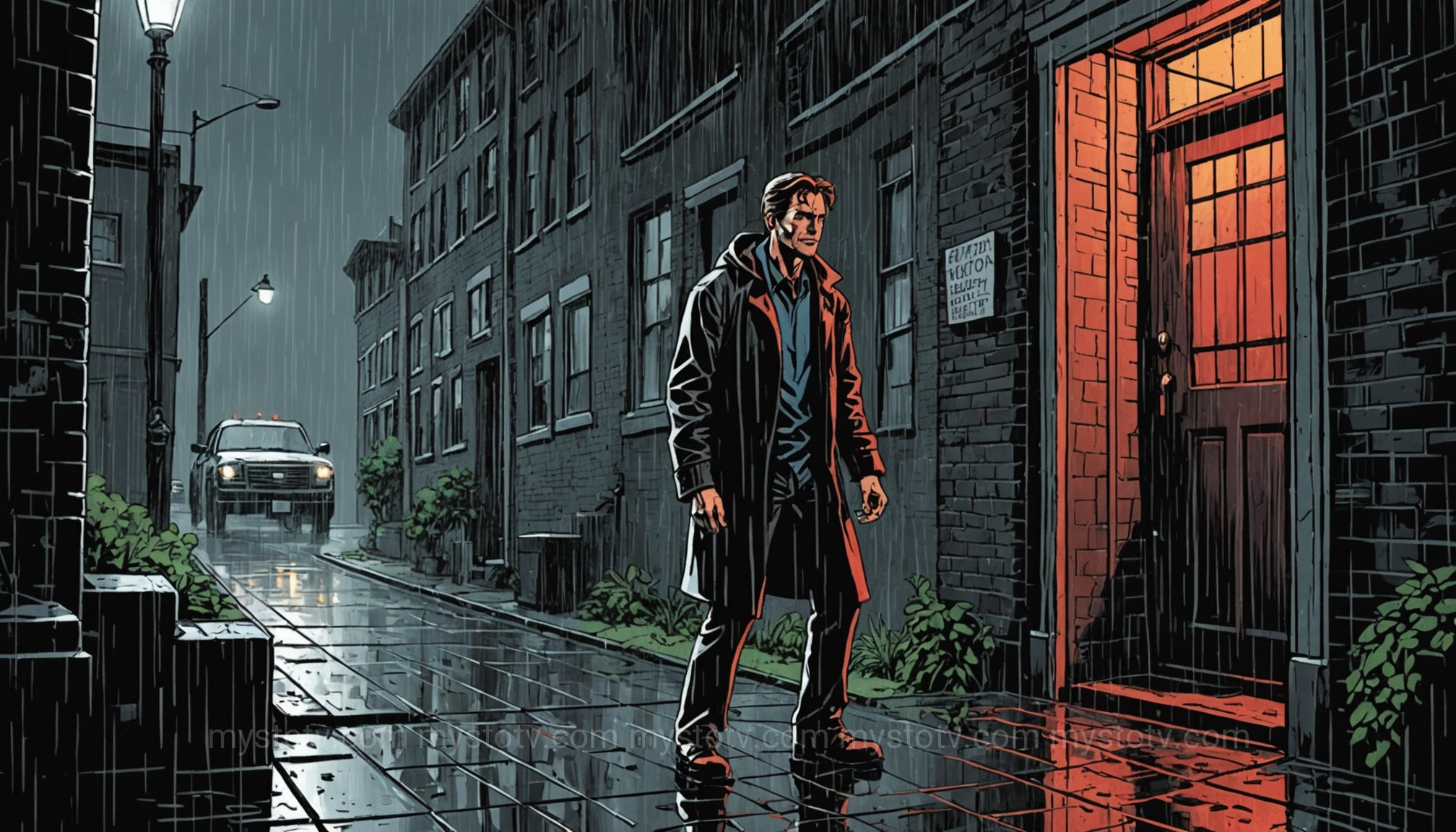Contents
- 1 The Foundation of Coercion: Examining the Initial Maxton Hall Toxic Moments
- 2 Financial Power as a Weapon: A Key Element of Maxton Hall Toxic Moments
- 3 The Cycle of Push and Pull: Emotional Manipulation and the Maxton Hall Toxic Moments
- 4 Romanticizing Aggression and Possessiveness: Deconstructing Dangerous Maxton Hall Toxic Moments
- 5 Can This Be Saved? The Problem with Redemption in the Face of Maxton Hall Toxic Moments
- 6 Frequently Asked Questions About Maxton Hall Toxic Moments
- 7 Conclusion: Seeing Beyond the Fantasy of Maxton Hall
The Foundation of Coercion: Examining the Initial Maxton Hall Toxic Moments

The entire premise of James and Ruby's interaction is born not from mutual interest or charming happenstance, but from coercion and blackmail. This isn't a cute "meet-cute"; it's a calculated power play. When Ruby accidentally witnesses a secret involving James's twin sister, Lydia, James's immediate reaction is not to reason with her, but to silence her through intimidation and bribery. This initial conflict sets a dangerous precedent for their entire relationship, establishing a dynamic where power, not respect, is the primary currency.
From Bribery to Threats: The Non-Consensual Beginning
James’s first major act is to offer Ruby money to buy her silence. When she righteously refuses, his tactics escalate. He doesn't try to understand her perspective or appeal to her character; he resorts to threats against her future at Maxton Hall. He orchestrates a situation to publicly humiliate her, ruining a presentation she worked tirelessly on. These aren't the actions of a misunderstood bad boy; they are deliberate acts of sabotage designed to break her will. This pattern of using power and influence to force an outcome is a hallmark of the early Maxton Hall toxic moments, creating a foundation of fear rather than affection.
Violation of Boundaries as a Starting Point
From the outset, James shows a flagrant disregard for Ruby’s personal boundaries. He appears wherever she is—her classroom, her home, her safe spaces—uninvited and unwelcome. This persistent intrusion is often framed in romantic dramas as a sign of passionate pursuit, but in reality, it's a form of harassment. A healthy relationship begins with respecting a person's "no." James consistently ignores Ruby’s rejections, viewing her boundaries as obstacles to be overcome rather than limits to be respected. This fundamental lack of respect is a critical toxic element that poisons their interactions from the very beginning.
Financial Power as a Weapon: A Key Element of Maxton Hall Toxic Moments
The vast chasm between the Beaufort family's immense wealth and Ruby Bell's scholarship-student status is more than just a plot device; it's a central weapon in James's arsenal. The series repeatedly uses this power imbalance to create conflict and, unfortunately, to resolve it in ways that reinforce unhealthy dynamics. These instances are some of the most insidious Maxton Hall toxic moments because they masquerade as grand romantic gestures while fundamentally being about control.

The "Grand Gesture" as a Control Tactic
Consider the Oxford trip. After his family's actions threaten Ruby's interview, James's solution is not to offer a sincere apology and help her find a new path. Instead, he uses his wealth to bypass the entire system. He arranges a private tour and interview, effectively buying her a second chance. While on the surface this seems heroic, it robs Ruby of her agency. Her success is no longer her own; it becomes something gifted to her by his fortune. This act, while seemingly kind, subtly reinforces the idea that his money can solve any problem, making her dependent on his resources and diminishing her own hard-earned achievements. It’s a classic example of how financial control can be disguised as romantic support.
Undermining Ambition and Independence
Throughout the series, James often belittles the very things that define Ruby: her ambition, her meticulous planning, and her independence. He mocks her color-coded schedules and dismisses her life goals as quaint and unimportant compared to the high-stakes world he inhabits. This subtle but persistent condescension is a form of emotional manipulation. By making her feel small, he positions himself as the worldly, exciting alternative to her "boring" life. These are critical Maxton Hall toxic moments because they attack the core of her identity, suggesting she needs him to experience a "real" life, which is a deeply unhealthy premise for any partnership.
The Cycle of Push and Pull: Emotional Manipulation and the Maxton Hall Toxic Moments
Perhaps the most dizzying aspect of James and Ruby’s romance is the relentless emotional whiplash. James is a master of the push-and-pull, or the cycle of devaluation and idealization. One moment, he is cruel, dismissive, and hurtful. The next, he is vulnerable, charming, and seemingly remorseful. This erratic behavior is not a sign of a complex, passionate soul; it's a classic manipulation tactic that keeps Ruby off-balance, insecure, and perpetually craving his approval. This cycle is responsible for many of the most confusing and damaging Maxton Hall toxic moments.
Love Bombing and Devaluation
James's approach to romance is a textbook example of love bombing followed by devaluation. After a particularly cruel act—like sabotaging her presentation or humiliating her in front of his friends—he will follow up with an overwhelming display of affection. This could be a lavish gift, a sudden moment of intense vulnerability, or a grand romantic declaration. This "love bombing" phase is intoxicating and designed to make Ruby forget the preceding cruelty. However, as soon as she is drawn back in, the devaluation phase begins again. He becomes cold, distant, or lashes out, leaving her confused and desperate to regain the "good" version of him. This cycle creates a trauma bond, not a healthy attachment.
Using Vulnerability as a Shield
James frequently uses his tragic backstory—the death of his mother and the immense pressure from his father—as a shield to excuse his abusive behavior. While his pain is genuine and worthy of sympathy, it does not give him a license to inflict pain on others. The show often frames his outbursts as a direct result of his trauma, prompting Ruby (and the audience) to forgive his actions. This is a dangerous narrative. It teaches that if someone has a sad enough story, their toxic behavior is justifiable. In a healthy relationship, partners support each other through trauma; they do not use it as an excuse to manipulate, control, and hurt one another. These are crucial Maxton Hall toxic moments to dissect, as they blur the line between empathy and enabling.
Romanticizing Aggression and Possessiveness: Deconstructing Dangerous Maxton Hall Toxic Moments

One of the most troubling aspects of Maxton Hall is its tendency to frame overt aggression and possessiveness as romantic passion. James’s jealousy and physical outbursts are consistently presented not as red flags, but as proof of the depth of his feelings for Ruby. This glamorization of dangerous behavior is a common but harmful trope in romance media, and it is responsible for some of the most overt Maxton Hall toxic moments.
Physical Intimidation Framed as Passion
James’s behavior often crosses the line into physical intimidation. He punches walls, slams lockers, and frequently grabs Ruby’s arm to stop her from walking away. He corners her in hallways and uses his physical size to dominate the space between them. In the real world, these actions are terrifying and are precursors to escalating physical violence. In the world of Maxton Hall, however, these moments are scored with intense music and shot with smoldering close-ups, coding them as moments of high romance. When we see Ruby's fear or shock quickly morph into attraction, the show sends a damaging message: a man’s inability to control his anger is a sign of how much he cares.
Jealousy as a Sign of Love
James exhibits extreme jealousy and possessiveness, which the narrative interprets as devotion. He is hostile towards any male friend Ruby has, particularly her longtime friend Lin. He demands to know where she is and who she is with, not out of genuine concern, but out of a desire to control her social interactions. Healthy relationships are built on trust and respect for a partner's autonomy. James’s jealousy is not love; it is insecurity and a desire for ownership. By framing this possessiveness as romantic, the show normalizes controlling behavior and presents it as something to be desired in a partner. It’s a subtle but deeply problematic theme within the catalogue of Maxton Hall toxic moments.
Can This Be Saved? The Problem with Redemption in the Face of Maxton Hall Toxic Moments
By the end of the season, James appears to be on a path to redemption. He defies his father, supports Ruby, and seems to have chosen a new path. But does this narrative arc truly resolve the deeply ingrained issues established earlier? The rushed nature of his "change" glosses over the serious work required to unlearn such toxic behaviors, which is a final, critical flaw in its handling of the Maxton Hall toxic moments.
Real change from manipulative and controlling behavior requires intensive self-reflection, therapy, and a consistent, long-term commitment to behaving differently. It involves making amends without expectation and respecting the other person's decision, even if it's to walk away. The show condenses this complex process into a few dramatic scenes. James’s redemption feels earned not through hard work, but through a series of grand gestures. This narrative shortcut is unsatisfying because it suggests that a toxic person can be "fixed" by the love of a good partner, placing the burden of their rehabilitation on the victim.
It ultimately undermines the severity of his earlier actions. The finale wants us to root for them as a couple, but it conveniently forgets the foundation of coercion, manipulation, and aggression upon which their relationship was built. This is perhaps the most significant issue: the show acknowledges the toxicity just enough to create drama but fails to grapple with its real-world implications, leaving viewers with a dangerously simplistic view of forgiveness and change. The analysis of these emotional manipulation tactics shows that a quick fix is often just another part of the cycle.
Frequently Asked Questions About Maxton Hall Toxic Moments
Is James Beaufort's behavior considered abusive?
While Maxton Hall is a fictional drama, many of James Beaufort's behaviors align with real-world definitions of emotional and psychological abuse. This includes tactics like manipulation (the push-pull cycle), control (using money to influence her decisions), intimidation (physical aggression like punching walls), and violating boundaries (showing up uninvited repeatedly). While the show frames it as romance, these patterns are significant red flags in any relationship.
Why is the relationship in Maxton Hall so popular despite the toxic moments?
The popularity often stems from the power of the "enemies-to-lovers" fantasy trope, the strong on-screen chemistry between the actors, and the escapist appeal of the "rich boy falls for ordinary girl" narrative. These stories tap into a desire for transformative love, where passion can overcome any obstacle. However, it's this very romanticization that can make it difficult for some viewers to separate the fantasy from the very real and problematic Maxton Hall toxic moments being depicted.
Does the show 'Maxton Hall' promote unhealthy relationship ideas?
Whether intentional or not, by framing control, aggression, and manipulation as romantic, the show can inadvertently promote unhealthy relationship ideals. It normalizes the idea that jealousy is proof of love, that a partner's bad behavior is something to be "fixed" by love, and that ignoring a person's boundaries is a sign of passionate pursuit. Critically analyzing the show, as we've done here, is key to enjoying the drama without internalizing these harmful messages.
Conclusion: Seeing Beyond the Fantasy of Maxton Hall
Maxton Hall – The World Between Us is a captivating and addictive series, and its popularity is a testament to its compelling execution. However, its allure shouldn't blind us to the problematic core of its central romance. By critically examining the narrative, we can see that the relationship between James and Ruby is built on a foundation of power imbalances, manipulation, and coercion. The show consistently glamorizes behavior that, in any real-world context, would be seen as dangerous red flags. Acknowledging and analyzing the Maxton Hall toxic moments is not about ruining the fun; it’s about becoming more media-literate consumers. It allows us to enjoy the fantasy for what it is, without letting its dangerously flawed vision of love distort our understanding of what healthy, respectful passion truly looks like.